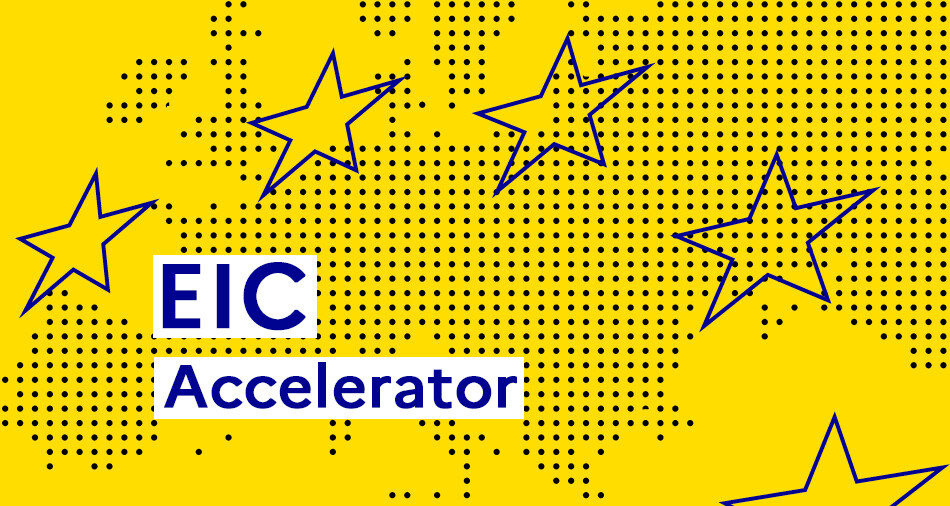ExpectedOutcome:
Carbon-neutral fuels can provide breakthrough solutions towards a fossil-free economy responding to longer-term future demands for high energy density carriers in sectors relying on liquid fuels if making their synthesis more efficient and technically sound. This will contribute to advance the European scientific basis, leadership and global role in the area of renewable fuels by moving forward the supra-national actors, and to reinforce the European potential to export European renewable fuel technologies through international collaboration.
Project results are expected to contribute to all of the following expected outcomes:
- Foster availability of synergetic catalytic systems for carbon-neutral renewable fuels.
- Improve performance of carbon-neutral renewable fuels and European competitiveness.
- Accelerate development of efficient carbon-neutral renewable fuels.
Scope:
Proposals will develop hybrid catalytic conversion processes, combining chemical, electrochemical, biological, biochemical and thermochemical catalytic processes to convert renewable energy to carbon-neutral renewable fuels of biological or non-biological origin (other than hydrogen), and which respond to longer-term future demands for high energy density carriers in sectors relying on liquid fuels. The development and combination of novel catalysts and linked lab-scale components and/or systems which improve significantly the performance regarding conversion efficiency for best atomic economy and specific marginal cost reduction should be addressed. Development of catalysts and/or systems with dual function, e.g. catalyst/sorbent or other, may be included. Combination of at least two different catalysts types into a single multicatalytic material as appropriate should be addressed. Improvements as regards the conversion of a broader variety of molecules from the same feedstock and the broader application of hybrid catalytic systems in up-scaled processes should be examined. Maximizing GHG emissions abatement in the conversion process should be aimed. International cooperation is encouraged. Combination of H2 production by electrolysis and its separate use for catalytic conversion of CO2 is not covered by this topic.
Specific Topic Conditions:
Activities are expected to achieve TRL 3-4 by the end of the project – see General Annex B.
Cross-cutting Priorities:
Artificial IntelligenceDigital AgendaInternational Cooperation





